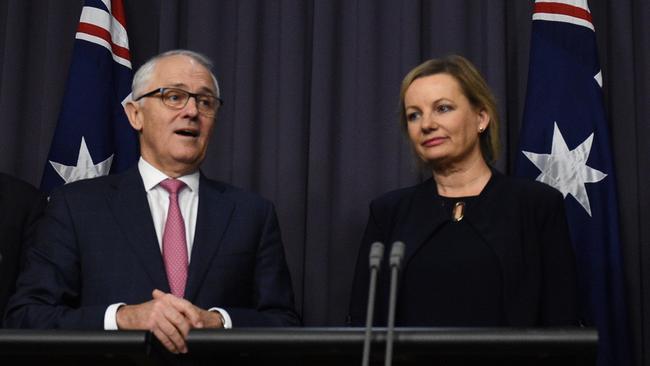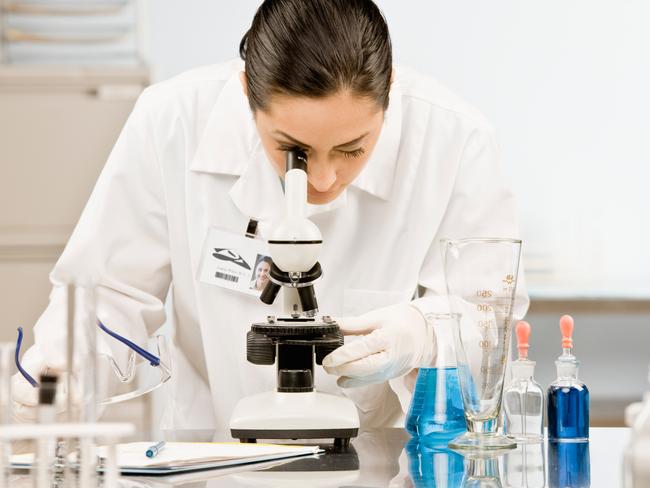Turnbull reveals $250 million medical research investment
THE Federal Government has announced the creation of a new research fund designed to take medical breakthroughs from the laboratory to the hospital bedside.

A $250 MILLION biomedical research fund will help take medical breakthroughs “from the laboratory to the hospital bedside” as part of the Federal Government’s $1.1 billion innovation and science plan.
Prime Minister Malcolm Turnbull and Industry Minister Christopher Pyne have unveiled details of the plan, including tax breaks for start-up companies, a $200 million CSIRO innovation fund and changes to bankruptcy laws.
New visa to lure foreign workers
Mr Turnbull said the plan would help create a modern, dynamic, 21st Century Australian economy.
“Our appetite for risk is lower than in comparable countries, which means start-ups and early stage visitors business often fail to attract capital to grow,’’ he said.
Health Minister Sussan Ley said $250 million which had originally been earmarked for the Medical Research Future Fund would be spent on turning health and medical research into commercial reality.

The Biomedical Translation Fund will be an independent body to invest in promising medical discoveries and is based on a recommendation of the McKeon Review.
It will start in 2016 and will be funded by the Medical Research Future Fund.
“By investing in the early stages of commercialisation, we open the research pipeline from the laboratory bench to the patient’s bedside,’’ Ms Ley said.
“Researchers, clinicians, industry, governments and, especially, patients, will benefit from research ideas succeeding commercially.”
Fund managers will have to provide at least matching private sector funding for the projects to go ahead.
The $200 million CSIRO innovation fund will support co-investments in spin-off and start-up companies, products and services created by Australian research institutions.
A range of tax breaks will be introduced to encourage investors to support high-growth start-up companies.

The tax concessions include a 20 per cent non-refundable tax offset for investments, capped at $200,000 per investor, per year. There will also be a 10-year exemption on capital gains tax.
Under changes to insolvency laws, the default bankruptcy period will be reduced from three years to 12 months.
A ‘safe harbour’ clause will protect company directors from personal liability for insolvent trading if they appoint an adviser to help turn a company around.
An additional $85 million will be spent on “talent and skills”, including on improving the “digital literacy” of school students.
A new Entrepeneur Visa will be used to encourage high-achieving international students to stay in Australia.



